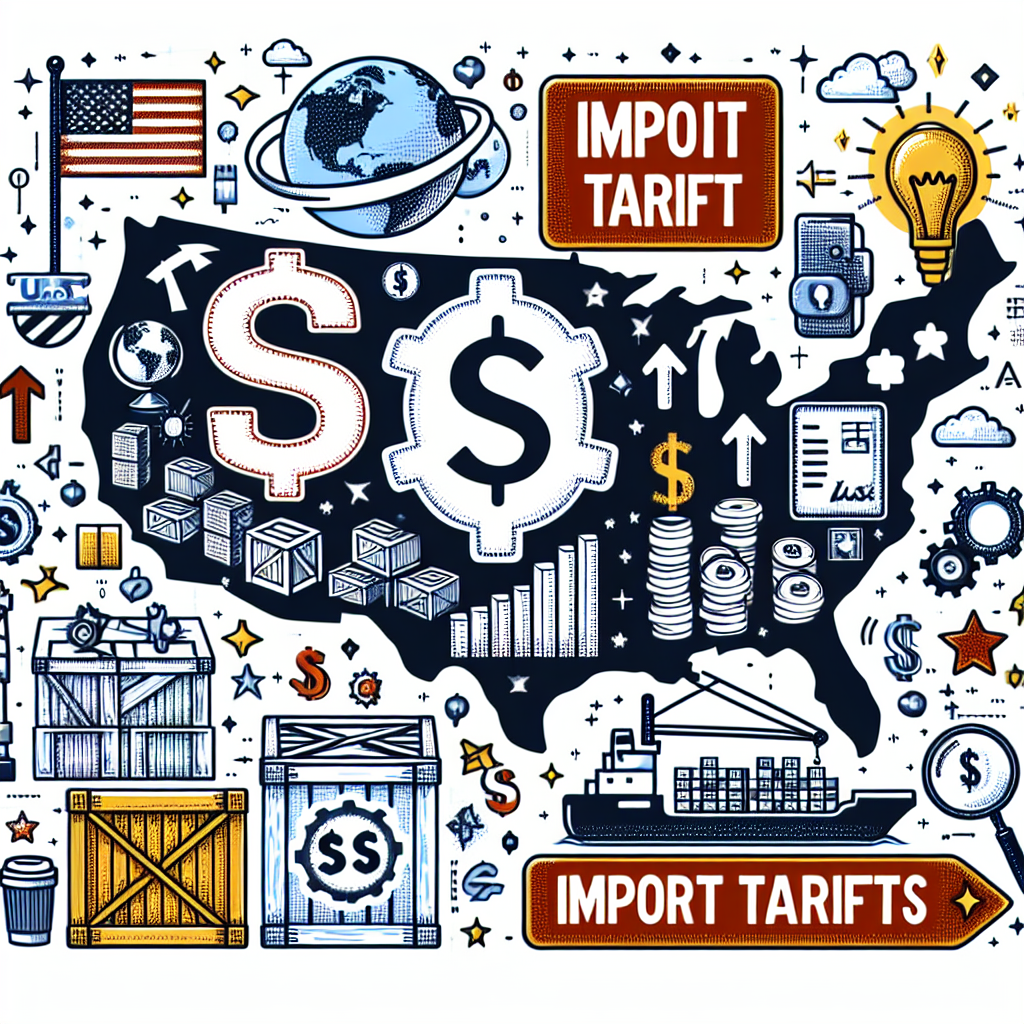Tariffs and Fed's Balancing Act: Navigating Inflation and Economic Growth
The Trump administration's new tariffs are expected to spur inflation and stunt economic growth. Federal Reserve Chair Jerome Powell indicated a focus on controlling inflation, likely maintaining current interest rates despite investor expectations for cuts. The situation poses a challenging scenario for the Fed amidst global economic uncertainty.

- Country:
- United States
Washington D.C. - The Trump administration's recent move to implement expansive tariffs is poised to have significant repercussions on the U.S. economy, with Federal Reserve Chair Jerome Powell highlighting potential inflationary effects.
In remarks delivered on Friday, Powell emphasized that the new import taxes could temporarily, or even persistently, elevate inflation rates. Despite Wall Street's anticipation of interest rate cuts, Powell suggested the Fed may hold rates steady to manage rising prices.
With the global economy already reeling from these tariffs, the Federal Reserve faces a complex challenge. Historically, slower growth would prompt rate cuts, while inflation would require hikes. Now, with hiring figures in March appearing strong but predating the full tariff impact, economic forecasts remain uncertain.
(With inputs from agencies.)
ALSO READ
Market Turmoil: Yen Woes and U.S. Wrestling with Inflation, Tariffs & Interest Rates
Unwavering Support for Federal Reserve Chair Amid Political Pressure
Yen's Decline Amid Japanese Electoral Tensions and Federal Reserve Speculations
Tensions Rise as Trump Initiates Probe Against Federal Reserve Chair Powell
Global Central Banks Rally Around Jerome Powell Amid Tensions










